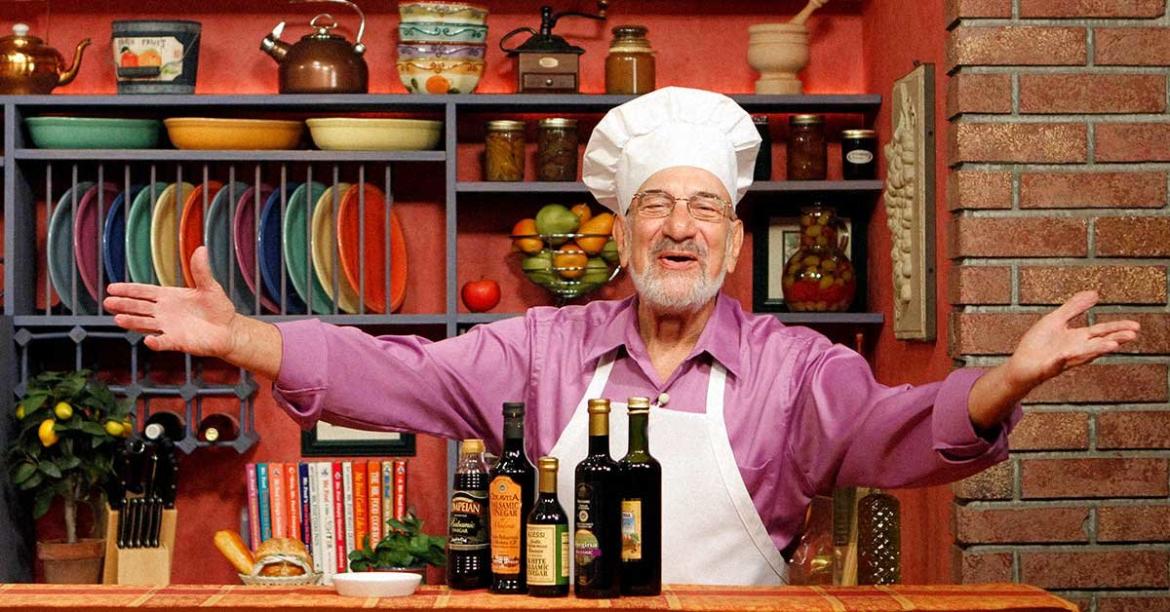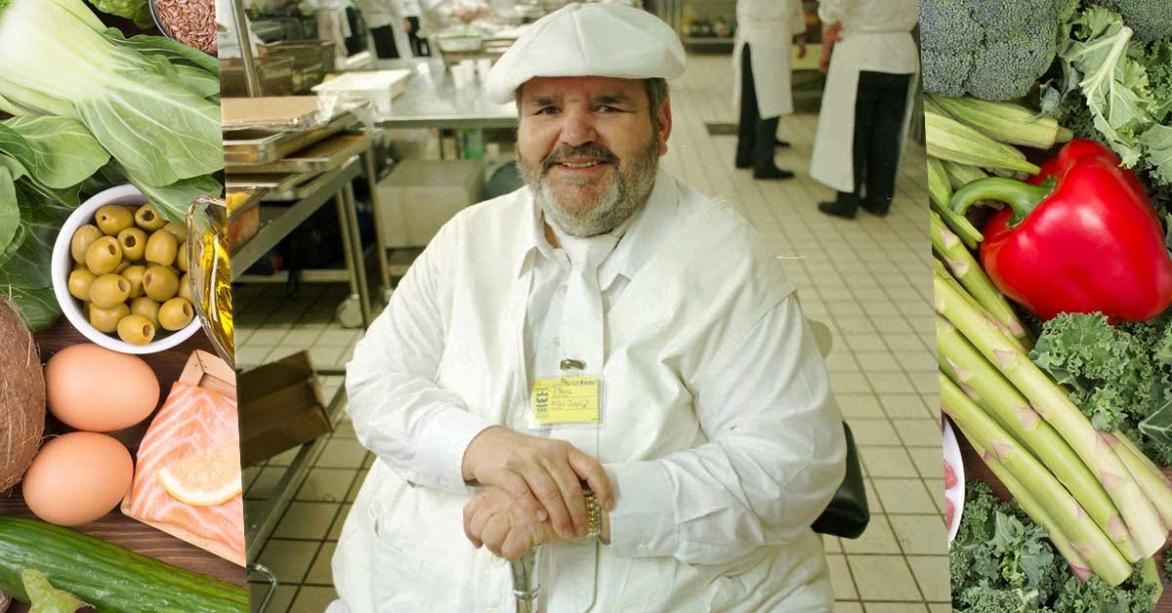How Can AI Help Chefs Optimize Their Time and Resources in the Kitchen?
In the bustling kitchens of restaurants and culinary establishments, chefs are constantly striving to create delectable dishes while juggling multiple tasks and managing limited resources. Amidst the sizzle of pans and the aroma of spices, artificial intelligence (AI) is emerging as a game-changer, offering innovative solutions to optimize chefs' time and resources, transforming the culinary landscape.

The Role Of AI In The Kitchen
Definition Of AI:
Artificial intelligence refers to the simulation of human intelligence processes by machines, enabling them to perform tasks that typically require human cognition, such as learning, problem-solving, and decision-making.
Benefits Of AI In The Kitchen:
- Improved Efficiency: AI can automate repetitive tasks, streamline workflows, and enhance overall kitchen productivity.
- Reduced Costs: By optimizing inventory management and minimizing waste, AI can help chefs save money and operate more efficiently.
- Enhanced Creativity: AI can provide chefs with personalized recipe recommendations, inspiring them to explore new flavors and culinary techniques.
Specific Ways AI Can Help Chefs
Recipe Generation:
AI algorithms can analyze vast databases of recipes and ingredients to generate unique and personalized recipes tailored to specific dietary preferences, allergies, and available ingredients.
Ingredient Management:
AI-powered inventory management systems can track ingredient usage, predict demand, and optimize ordering, minimizing waste and ensuring fresh ingredients are always on hand.
Cooking Automation:

AI-powered cooking appliances can automate tasks such as measuring, mixing, and cooking, freeing up chefs to focus on more creative aspects of their work.
Food Safety And Quality Control:
AI can monitor food temperatures, detect contamination, and ensure compliance with health and safety regulations, enhancing food quality and reducing the risk of foodborne illnesses.
Challenges And Limitations Of AI In The Kitchen
Cost And Accessibility:
The high cost and limited availability of AI technology may pose barriers to adoption, particularly for small-scale kitchens and establishments.
Lack Of Human Touch:
Concerns exist that AI might diminish the human element in cooking, potentially compromising the artistry and creativity associated with the profession.
Ethical Considerations:
The use of AI in the kitchen raises ethical questions regarding data privacy, the potential for job displacement, and the responsible implementation of technology.
The Future Of AI In The Culinary Industry
Emerging Trends:
Advancements in AI technology, such as natural language processing and computer vision, are paving the way for more intuitive and interactive AI systems in the kitchen.
Long-Term Impact:
AI is expected to revolutionize the culinary industry, potentially leading to the development of smart kitchens, personalized dining experiences, and new culinary techniques.
Recap
AI holds immense potential to transform the culinary industry by optimizing chefs' time and resources, enhancing efficiency, reducing costs, and inspiring creativity. While challenges and limitations exist, the future of AI in the kitchen is promising, offering exciting opportunities for chefs to embrace technology and elevate the culinary experience.
As AI continues to evolve, chefs who embrace this technology will be at the forefront of innovation, creating culinary masterpieces while maximizing their efficiency and resources.
YesNo

Leave a Reply